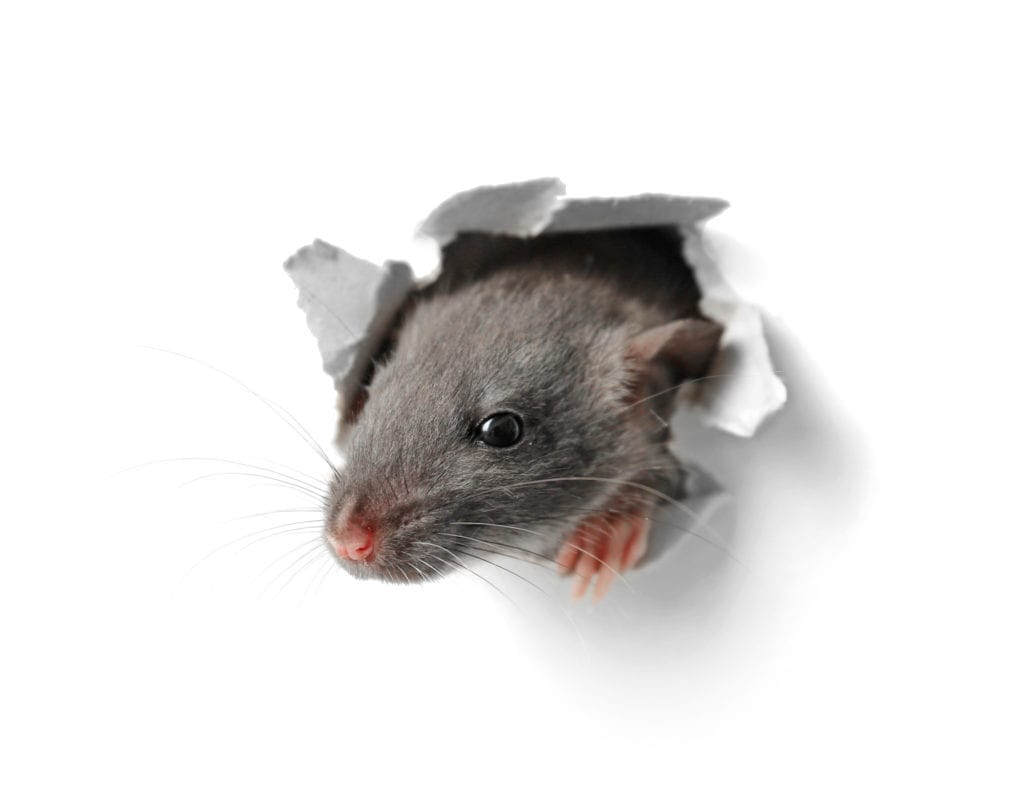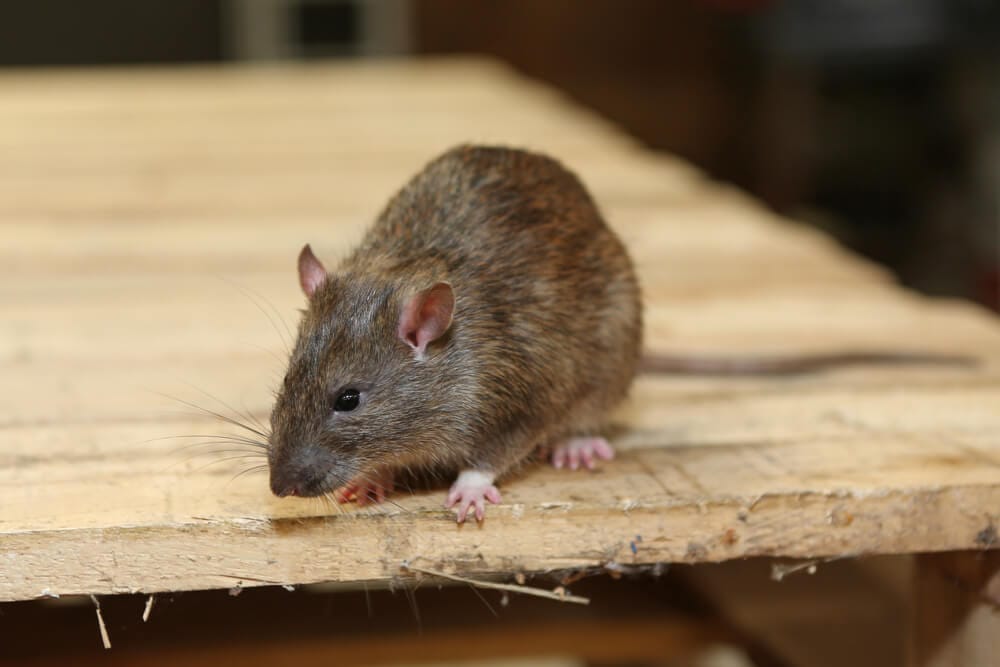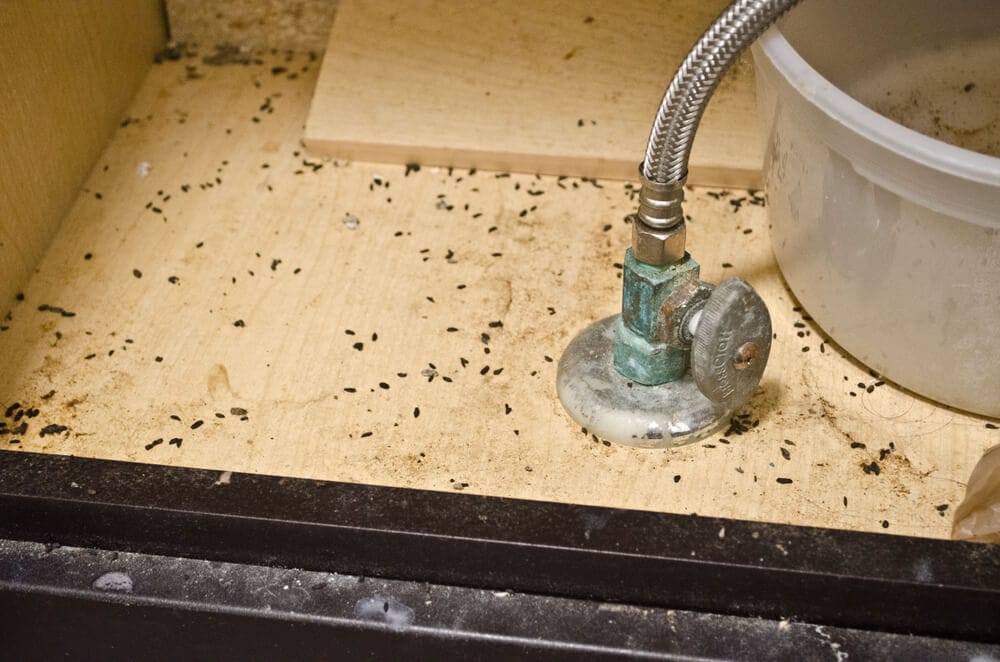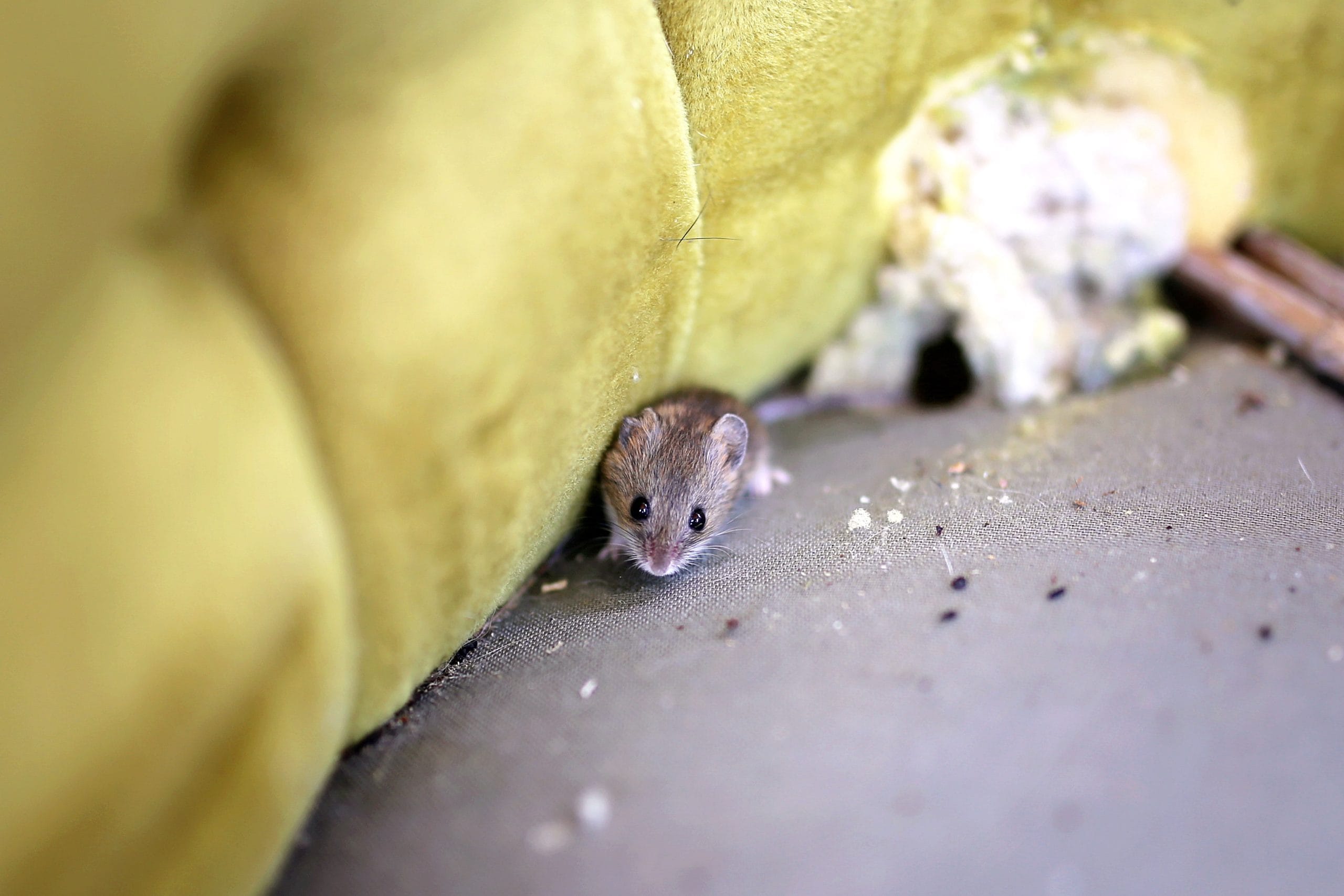SKRITCH-SKRITCH. Rodent and mouse noises! The incessant sounds of mice scurrying through your walls are starting to drive you crazy. Couple that with their random appearances and inclination to eat anything they get their hands on and these pests are bound to drive anyone crazy.
However, theres another thing they leave behind that some people forget to remove: rodent droppings. Worse still, these droppings pose dangers to your health you wouldnt think possible. But why exactly is it worth going through all the trouble to remove them?
Well, were here to clear that up. Its time to take a look at why rodent dropping cleanup keeps you and your home safe! So without further ado, lets dive into it.
The Droppings are Biological Hazards
One of the main reasons to remove rodent droppings from your house is that they have a high probability of containing infectious diseases. For example, many deer mouse droppings (though you can find it in other types of rodents) contain the Hantavirus. Rather than having to touch the droppings, you instead breathe in this virus as it infects the air rodent droppings sit in.
Hantavirus presents itself a lot like the flu but also mimics symptoms of a stomach virus. Whats more, the virus will start to build fluid up in your lungs and slow your heart after several days of infection.
Another such disease these droppings produce is leptospirosis, which comes from a special kind of bacteria present in many rodent droppings. This disease can target your kidney and liver, as well as cause the membrane around your brain to inflame. Finally, its even possible for parasites to live within the droppings until they can attach to you or someone else (even a family pet) as a host.
Another factor in making these diseases difficult to deal with is how they can spread throughout your house. Some of these diseases are also present in rat urine, which can contaminate your water supply in some cases.
Fertile Grounds for Mold
If you leave rodent droppings alone too long, you also run the risk of mold growing inside your house. The chance of this happening grows if the droppings are in a warm, damp place shielded from the sun. The mold then uses the nutrients from the food remains to grow outward.
Once the mold grows, it releases spores into the air that you will breathe in (especially if your house doesnt circulate air well). This can cause a host of respiratory problems and even cause a lung infection.
Attracts Other Animals
Another downside to leaving rodent droppings lying around is that they bring more pests to your doorstep. For example, some pheromones from the rodent go into the droppings when they leave the body, which will draw more of the same rodent to its location. The scent of rodent urine carries a similar effect.
And theyre not the only animals youll have to worry about. Other animals will get drawn in, including natural predators of rats like snakes (since they will reason that rodent droppings= rodents around for snakes to eat). So if you want to prevent your house from becoming a hot new gathering spot for every animal under the sun, its time to get these droppings out.
Keeping Rodents Out
The best way to prevent this scenario from happening is to keep rodents out of your home in the first place. Make sure to walk around the outside of your house and seal any cracks that a rat or mouse could squeeze through to get inside.
Keeping all your food sealed away and stored high up (as well as your trash) deprives rodents of their food source, leaving them to look elsewhere for sustenance. Removing any sites they might use for nests (like firewood piles or stacks of leaves).
Rodent Dropping Identification
Before you go into high alert, how can you make sure there are rodent droppings to worry about in the first place? Keep an eye out for any brown-black pellets shaped like sausages laying around your house. If they are older droppings, the color can shift to a grayer hue.
You can also tell what kind of pest you have by the droppings. Mice will leave their droppings in a large cluster, while rats go to the bathroom on the go (thus spreading out their droppings). Rat droppings will sit around the size of a grain of rice, while mice droppings trend smaller.
In terms of dropping locations, mice will tend to leave them in dark spaces near the back of drawers and cabinets. Rats will instead lay them around the edges of walls or behind kitchen appliances and furniture.
Rodent Dropping Cleanup
If you decide to remove the droppings yourself, make sure to wear protective gloves and a mask, as moving the droppings will stir up the viral particles in the droppings to release in the air. Apply disinfectant or bleach to the area the droppings are in and wait several minutes for the mixture to kill all the germs present. Opening windows around the area to let it air out around a half hour before you work to remove it will also help defuse the area.
After picking them up, place all the remnants into a trash bag and tie the bag tight to prevent anything from getting out. If you find a decaying rat nest, follow a similar procedure (and disinfect the site again once youre done).
If you want to remove the risk inherent in the procedure, dont hesitate to contact a professional rodent cleanup service to remove the biohazards for you. They are trained in removal techniques compliant with federal regulations while keeping you informed every step of the way.
Droppings No More
And there you have it! Now that you know all about why you need to start on rodent dropping cleanup today, youre ready to kick out these hazards for good! And if you want more information on how to keep your house safe from pests, make sure to check out the other articles on our blog (or give us a call to remove them for you!)
Rodent Droppings in Your Home?
Here are a few other resources to help you with the rodent droppings and their associated risks.





